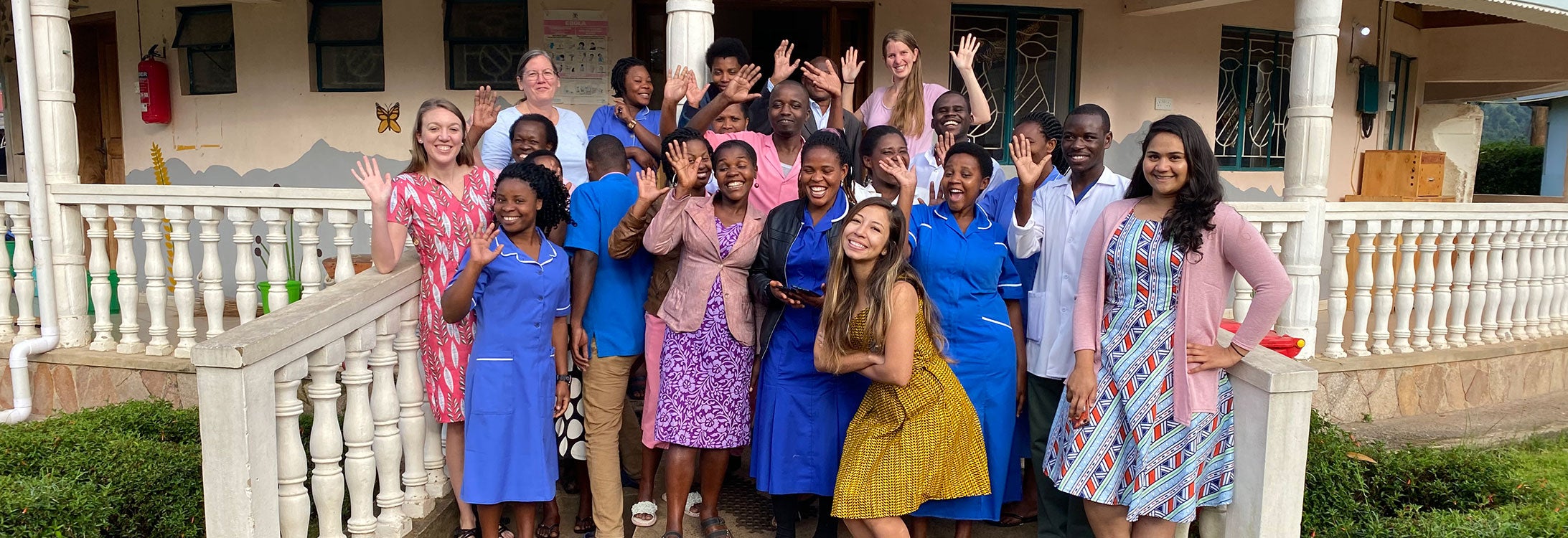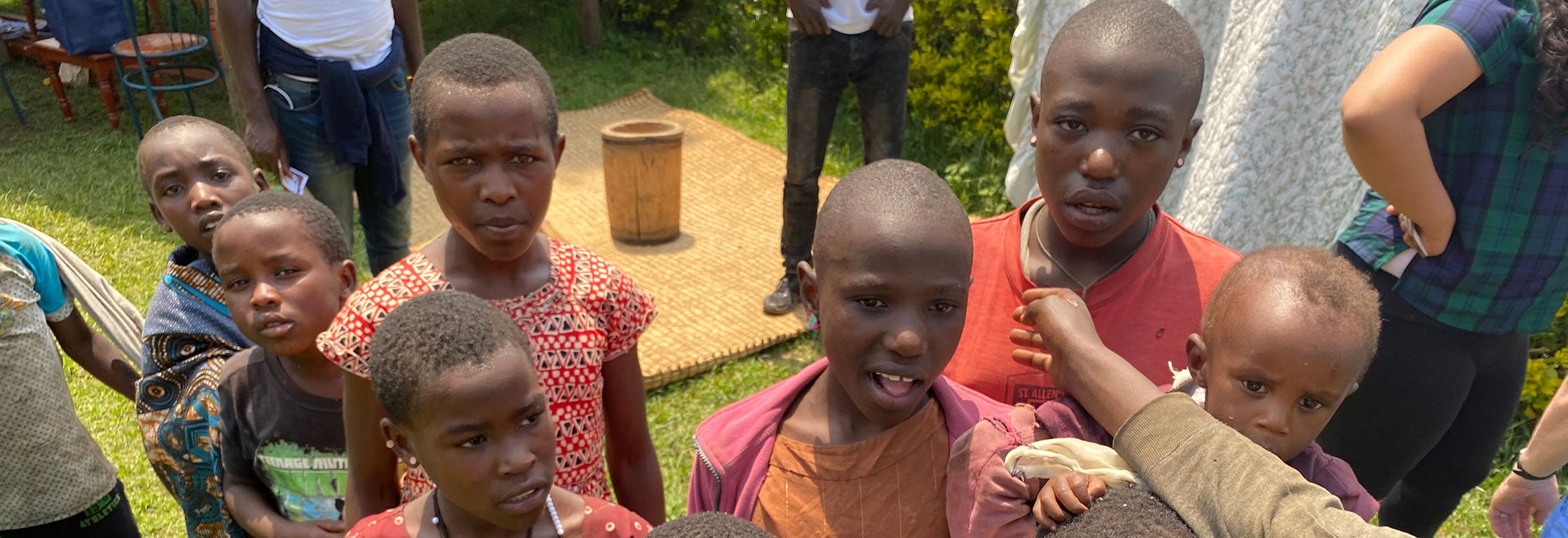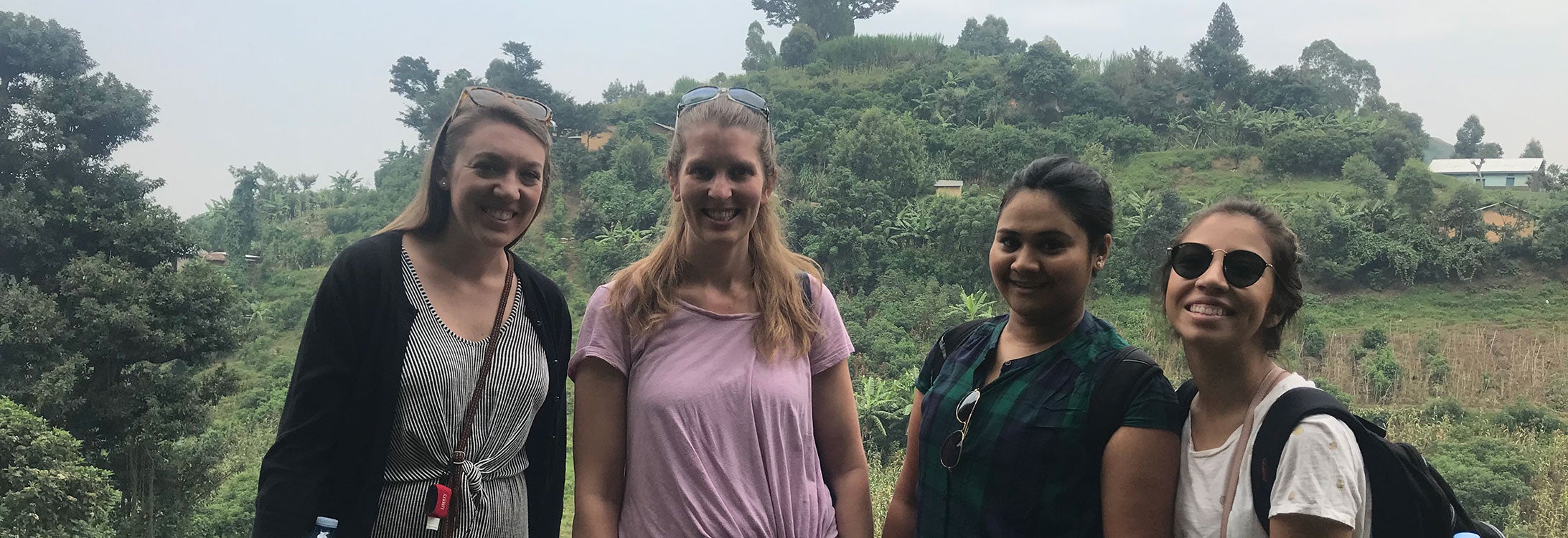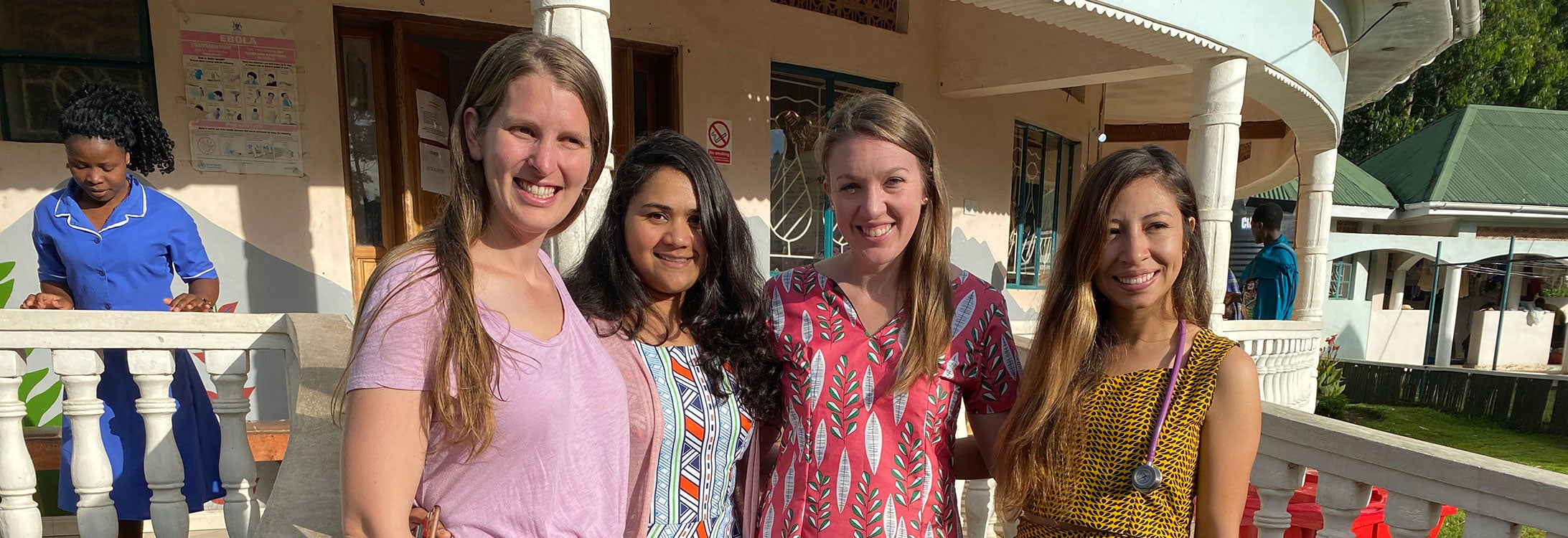Global Health and Underserved Populations Program
Welcome to the Global Health and Underserved Populations Program
Our Mission is to prepare ECU residents and fellows as effective global health and underserved population providers, researchers, educators and life-long learners based on the following competencies:
- Public Health Knowledge: Awareness of global health in a complex social, environmental, economic and cultural context, including health disparities and barriers to health in both local and global communities
- Effective Patient Care: Clinical skills and the ability to provide a high standard of patient-centered, evidence-based care in diverse settings, including remote and resource limited settings according to international and local guidelines
- Medical Knowledge: Familiarity with global causes of morbidity and mortality and the prevention, recognition and management of acute, infectious and chronic diseases in resource limited and tropical settings
- Special Population Needs: Understanding of the health concerns of vulnerable populations such as immigrants, refugees, internally displaced persons and those with disabilities
- Systems Based Learning: Ability to appraise differences across different healthcare systems with an emphasis on self-reflection and identifying weakness in our own practice that can be improved from the experience and innovation of others
- Professional Growth: Ability to locate and utilize resources for continuing education in global health, including digital resources, international agencies and global medical literature.
- Advocacy: Understanding the role of human rights and global inequities in global health
- Cultural competency: Develop behaviors and attitudes that enable effective health care delivery and professional relationships in cross-cultural situations with respect and awareness of the beliefs and cultural practices of our patients and colleagues with regard to death and dying, spirituality, heritage and identity, relationships, the environment and health practices




